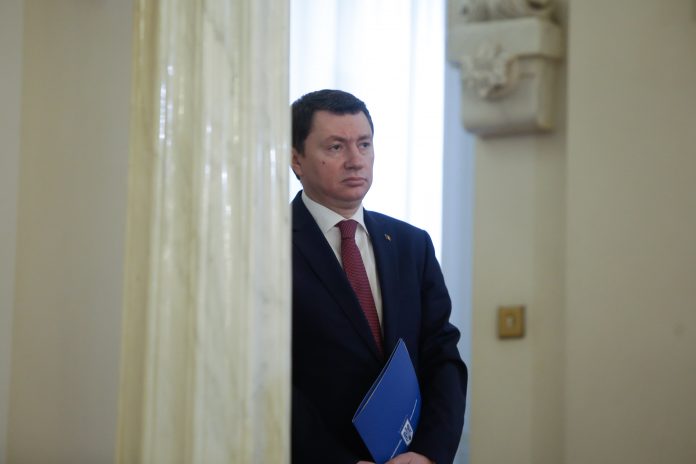Romania’s economy is reasonably resilient to the effects of the Covid-19 crisis and will grow by more than 4% this year after having the highest budget deficit in the EU last year, an economist wrote Wednesday.
However, economist and presidential adviser Cosmin Marinescu said Romania needed to urgently start on long-delayed structural reforms.
“Romania needs a clear package of structural reforms, especially in health, education and administration, legislative solutions in the field of public procurement and European funds, but also a strategic vision on the architecture of the financial system, as an essential factor in supporting major projects investment,” he wrote.
In the analysis on his blog Wednesday he predicted that by 2022 the economy would return to pre-pandemic levels.
He said that there were good premises for a return to growth this year of more 4%, higher than the World Bank estimate which forecast 3.5% growth for 2021. The bank said the economy would then expand by 4.1% in 2022, after a contraction of 5% in 2020.
Romania had the EU’s largest budget deficit in 2020 of more than 9%, and predicts a budget deficit of 7% in 2021, then-finance minister Florin Citu said in November before he became prime minister.
Much of the contraction came at the beginning of the year, with a 7% budget deficit in the first quarter of 2020, the highest of the 27-EU member states.
In Mr. Marinescu’s opinion, there will be „a relatively faster recovery of the public finance situation,” after the crisis ends, adding: “fiscal consolidation efforts will have to be less burdensome, such as budgetary adjustments and social costs.”
„As for the economic outlook, taking into consideration the health crisis, we will return to growth and the peak of the budgetary imbalances in 2020 will be progressively resorbed, in conditions of economic growth, most likely from the second quarter of 2021,” he said.
„Economic policy measures must be carefully laid out, with a view to a future crisis, so that some of the solutions to the coronavirus crisis do not lead to a new economic crisis, that was merely delayed by Covid-19,” he wrote.
“Globally, the economy will continue to internalize the structural changes and macroeconomic adjustments, the digital transformations and major technological advancements, so that the crisis becomes a lesson in how to adapt and have a flexible economy, at a time of disruption.”
Mr Marinescu said the economic crises of 2009 and 2020 should not be compared, he said.
„Romania had one of the most severe austerity packages in 2009, while Romania had the biggest budget deficit in 2020,” he wrote.
“Between the two crises, Romania has gone from austerity to a large deficit.”



















